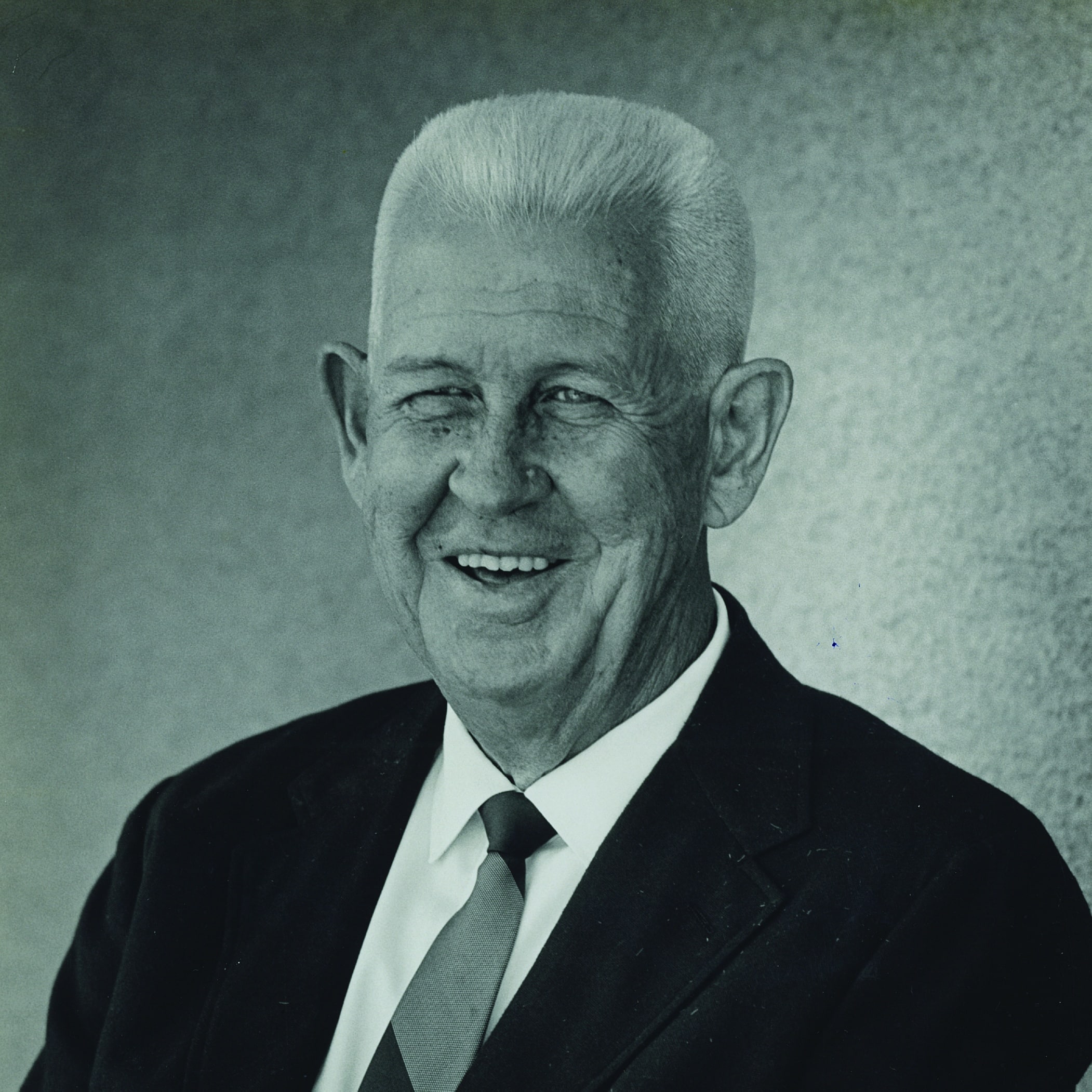Gilbert T. Gray
Ruston, LA
June 1, 1902
– July 27, 1981
First Olympic Gold Star
Yachting had been a sport in the Olympic Games dating back to the first modern Games in 1896 but it wasn’t until 1932 that the United States Olympic Committee decided to send a sailing team to the Games. The Great Depression was a hindrance to sailing at the time, but the Los Angeles Olympics seemed like an appropriate venue to send American sailors to the Games.The USA entered teams in four classes: Stars, 6 Meters, 8 Meters and Snowbirds. The USA would earn a Gold Medal in the 8 Meter (there were only two boats) and a Silver Medal in the 6 Meter (there were three boats). The Star Class featured seven countries including Great Britain, Sweden, The Netherlands, Canada, France, South Africa and the United States. New Orleans ace sailor, Gilbert Gray and his crew, Andrew Libano, scored 1-3-1-1-1-2-1 in the seven race series off Los Angeles Harbor in their boat named Jupiter II to win the Gold in the Games’ most competitive fleet. It was an important victory for 30-year-old Gray, his crew and for American sailing.
When Gray and Libano returned to New Orleans a huge celebration took place. The cajun city knew how to party and the American sailors provided a good reason with their Gold Medal performance. Gilbert Gray is listed as both a skipper and crew in the Star Class and a variety of handicap keelboats in the “History of the Southern Yacht Club,” written by Flora K. Scheib, (2000). Gray got his start in the Star Class as crew for Prentice Edrington, Jr. They won the Bacardi Cup for the Southern Yacht Club in 1927 in Havana, Cuba racing their boat, Sparkler II. That winter Sir Thomas Lipton, famous for challenging for the America’s Cup, donated an elaborate silver trophy to the Southern Yacht Club. Edrington and Gray were awarded the trophy for winning the 1928 Star World Championship in Los Angeles in a new Star boat named Sparkler III. A fleet of 17 boats competed. The second place finisher (by one point) was 21-year-old Arthur Knapp, Jr. (2019 National Sailing Hall of Fame Inductee) who would later win the America’s Cup aboard Ranger in 1937 and win the Star Worlds in 1930.
It was questionable whether Gray and his crew, Libano, would even be able to travel to Los Angeles for the Games due to the economic hardship of the era. The Southern Yacht Club held a “beachcombers” party to raise the funds for the trip. Apparently, the liquor bill absorbed most of the money, but Commodore Charles J. Tessier with the help of the Luckenback Steamship Line shipped their boat to Los Angeles and the crew traveled to the Games by train.
The Southern Yacht Club, Commodore Ernest Lee Jahncke, who was at the time the assistant secretary of the United States Navy, presented the Gold Medals to Gray and Libano. Jahncke’s great-nephew would win a Gold Medal in the Olympics in 1968 as crew in the Dragon Class for Buddy Friedrichs along with Gerald “Click” Schreck. ~ Gary Jobson


